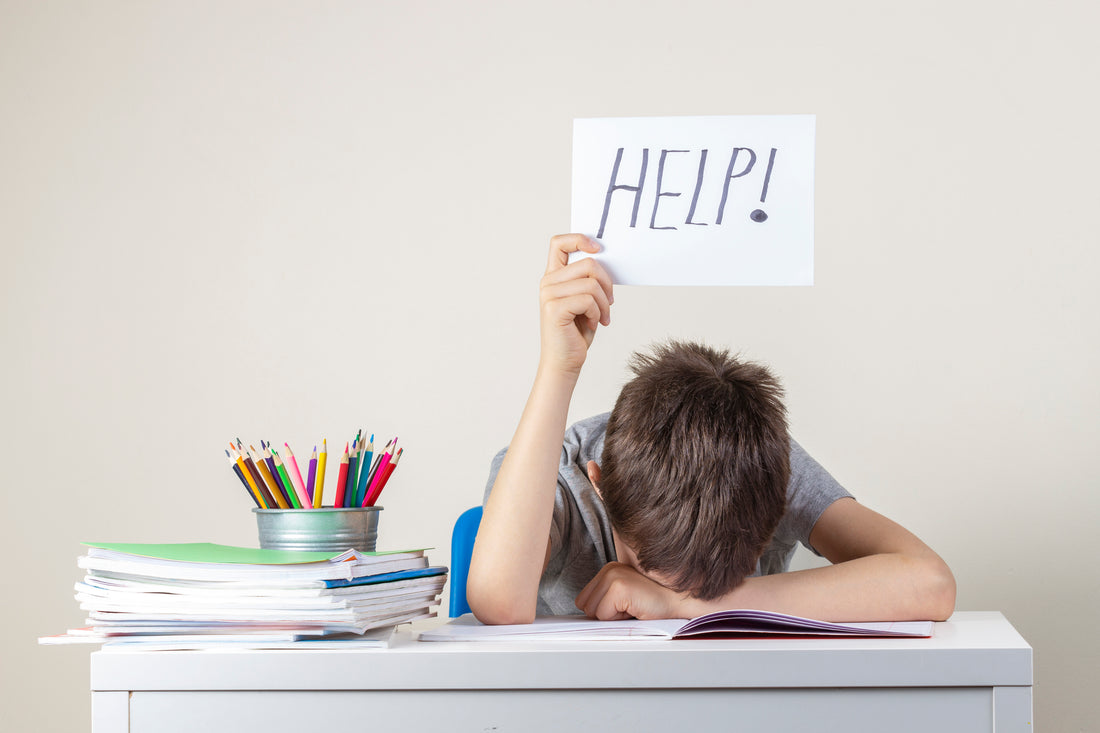
Help! I'm in Crisis
Dr. Linda HancockMost people are not prepared to experience or recover from a crisis. The following information should give you some insight:
1. People react differently from each other - even when they are in similar situations. Two individuals, for example, might be terminated from their jobs. One is devastated and the other is relieved.
2. Past experiences are important. Those who live in a hurricane zone generally know when to expect weather disturbances where they live and have insight regarding how severe they might be. Despite this, however, they would likely be totally traumatized if they found themselves in a winter snowstorm. Expectations and planning are easier for people who have been through a similar situation in the past.
3. Trauma and stress can pile up to the point that just one more little thing will throw you over your coping threshold. Pretending or pushing emotions down while thinking that they will go away can lead to further problems in the future.
4. Supports are vital. If you think that you are alone, then you will likely suffer more. A person who has been raped might not tell anyone because of fear or shame. Once they realize that they are not alone and that others are there for them, the healing can begin.
5. Familiarity can be dangerous. You might let your guard down and take unnecessary risks because you think that you can handle things that you have experienced in the past. Just because you have lived with an abusive alcoholic for a long time doesn't mean that you will be safe!
6. Training is important. If you don't know what to do in case of a fire, you might die. Being prepared is important to ensure the safety of you and those around you. It is easier to buy a fire extinguisher and learn to use it before the flames are licking at your heels.
7. People usually aren't at their best during a crisis. When a loved one dies, for example, they may say things that are hurtful or inconsiderate. Or they might avoid you because they just don't know what to say.
8. Crises triggers emotions. Some people cry while others yell! Everything you would feel throughout a "normal" week intensifies. Just remember, you are NOT going crazy! Strong emotions may be uncomfortable or unusual for you but they are part of the process.
9. People's natural tendencies will likely surface. Think of how you might react if a lion from the jungle entered the room that you are in right now. Would you fight, take flight or freeze? In a crisis you will psychologically take one of these three stances. One person might immediately take charge and fight the danger. A second person might run away or emotionally retreat while a third person stares blankly into space.
10. Crises should be temporary situations. Time usually helps but sometimes the passage of time isn't enough to bring healing. Not everyone understands what is happening to you or is able to give you what you need to get through in a healthy manner. The good news, though, is that psychologists are trained, experienced and available! You can get on the right path today by making an appointment.
And now I would like to invite you to claim your Free Instant Access to a complimentary list of 10 Steps to Making Your Life an Adventure when you visit http://lindahancock.com
From Dr. Linda Hancock, Registered Psychologist and Registered Social Worker
